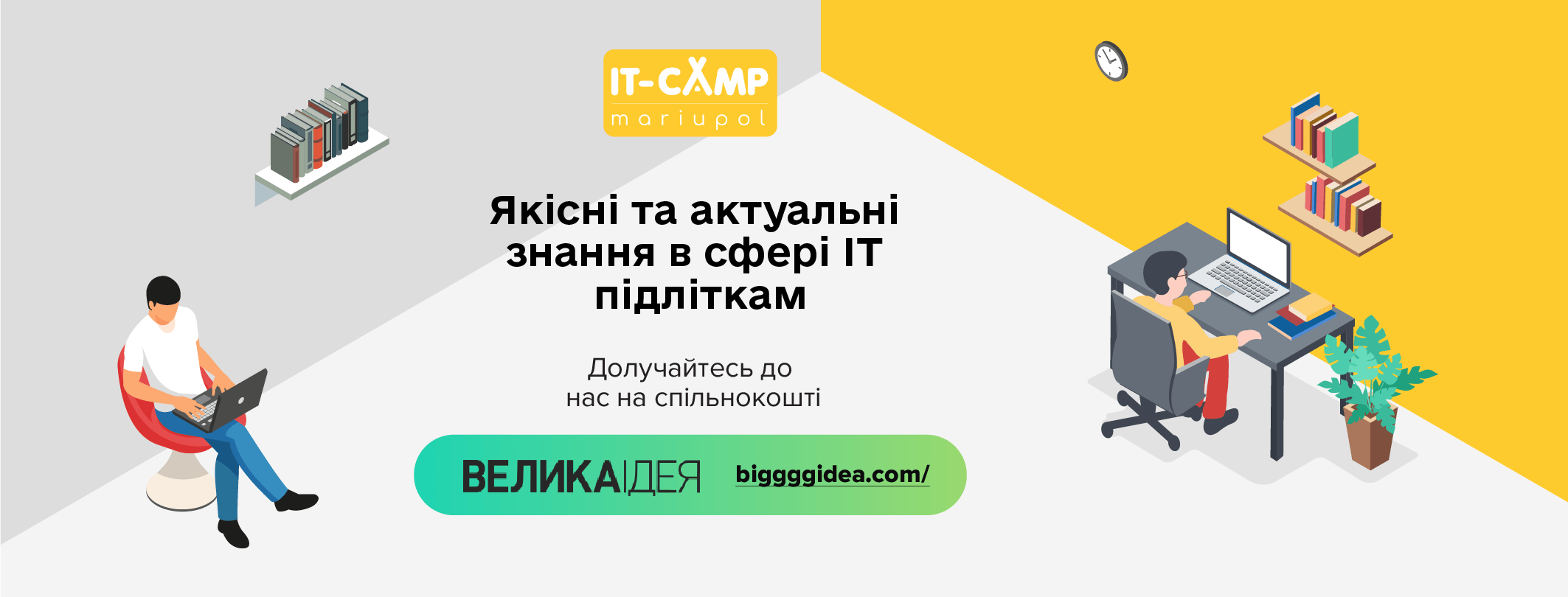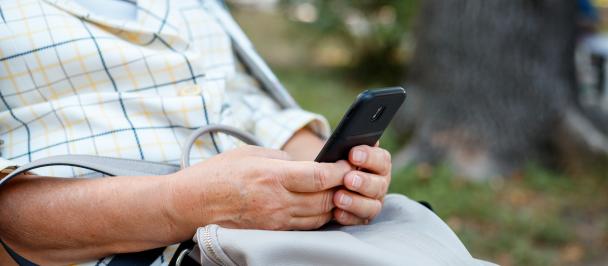Illustration: UNDP in Ukraine
The IT-Camp in frontline Mariupol provides an IT education for young children and teenagers, and gives free classes to children from disadvantaged groups.
Halyna and Ihor Ilvutchenko, the school’s owners, now want to reach out to an even larger audience and teach children from other towns and cities.
“IT is one of the most popular and highly paid areas today,” the camp’s co-founder Ksenia Rodionova says. “Although a lot of people want to go into IT, far from all can afford it, because a high-quality IT education is very expensive. Young children and teenagers from disadvantaged groups, such as displaced persons, children affected by the conflict in eastern Ukraine, children with disabilities, orphans, and children from low-income families, are deprived of the opportunity to realize their dreams. That is why we decided to change things and teach such children free of charge.”
Halyna and Ihor provide most of the tuition. Halyna is a designer with five years of experience under her belt. She is also a retouch artist and illustrator. She has taken part in international projects and fulfilled commercial orders of varying complexity and scope. Ihor, who is the head of the IT-Camp, assembled his first computer when he was a schoolchild. He has gone through every stage from system administrator to web studio manager. He has been teaching for over five years.
Other camp teachers also work in the IT area and can share with students not only theoretical knowledge that can be found on the Internet, but also their own first-hand experience and insights. These are designers, programmers, and developers.
The school goes for quality over quantity. That is why it has small groups.
“Education requires patience, so we don’t have any compromises or relaxation of rules – we treat all students equally and issue certificates of completion only to those who have mastered the subject,” Halyna said.
After graduation from the Crowdfunding Academy, implemented by UN Recovery and Peacebuilding Programme with financial support from the European Union, the team launched the Spilnokosht campaign to raise money with a view to increasing the number of computers and teaching even more children. You can support the project here.
The United Nations Recovery and Peacebuilding Programme (UN RPP) is being implemented by four United Nations agencies: the United Nations Development Programme (UNDP), the UN Entity for Gender Equality and the Empowerment of Women (UN Women), the United Nations Population Fund (UNFPA) and the Food and Agriculture Organisation of the United Nations (FAO).
Twelve international partners support the Programme: the European Union (EU), the European Investment Bank (EIB), the U.S. Embassy in Ukraine, and the governments of Canada, Denmark, Germany, Japan, the Netherlands, Norway, Poland, Sweden, Switzerland.

 Locations
Locations




